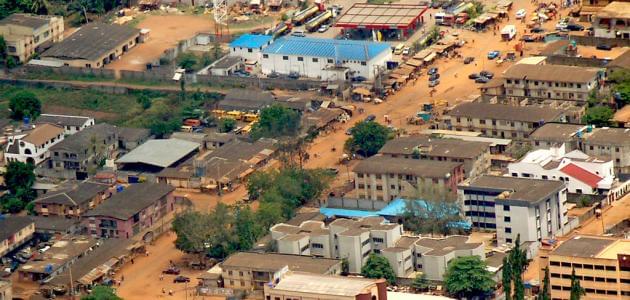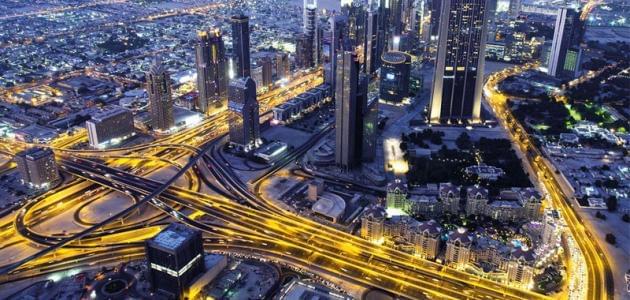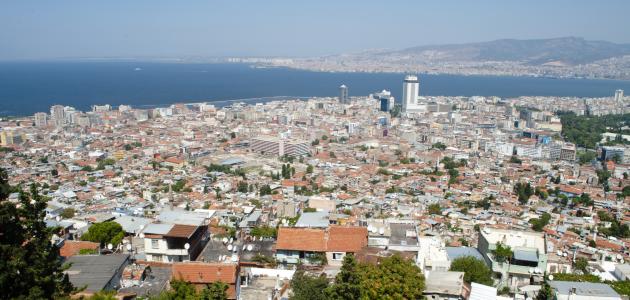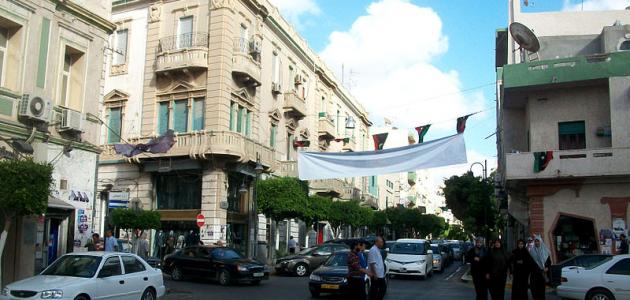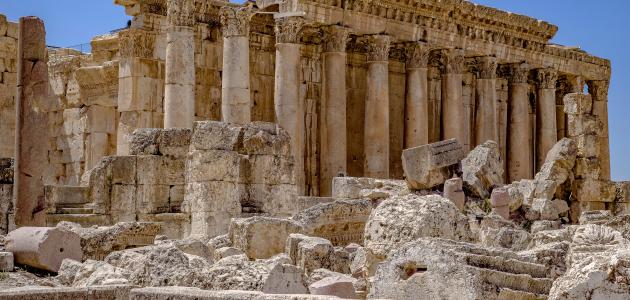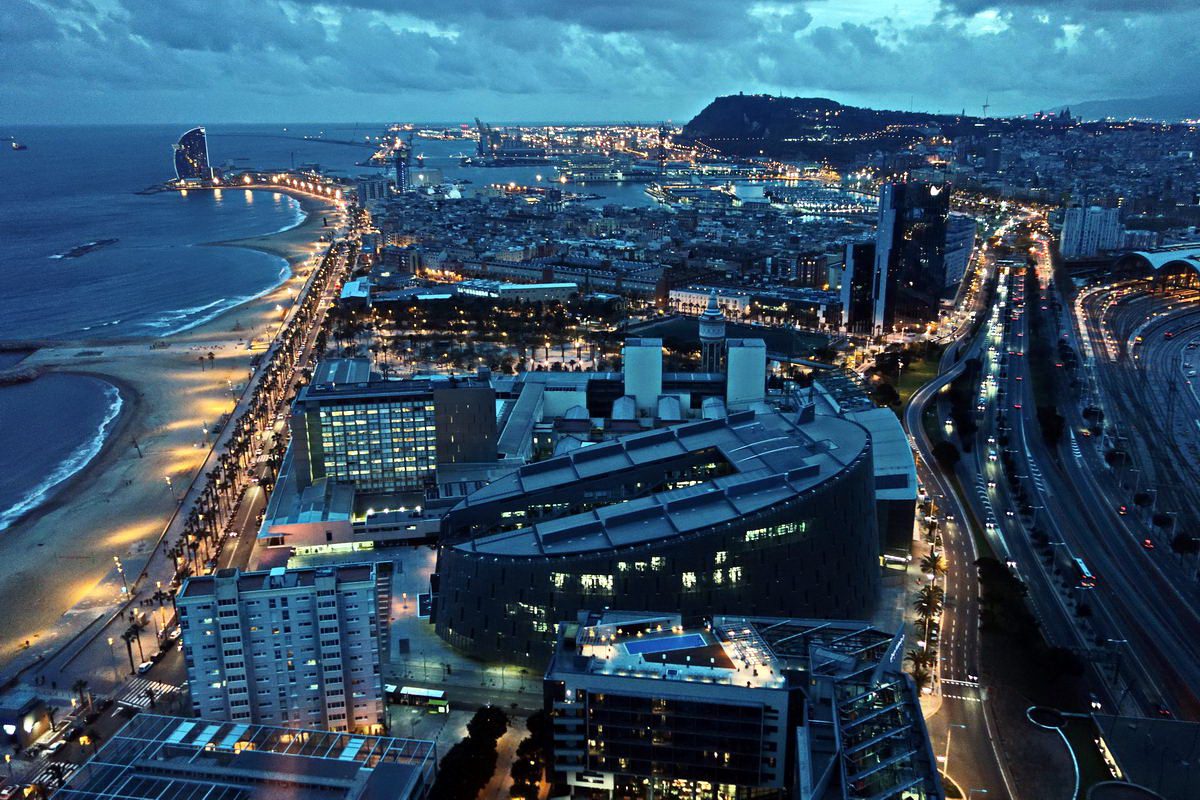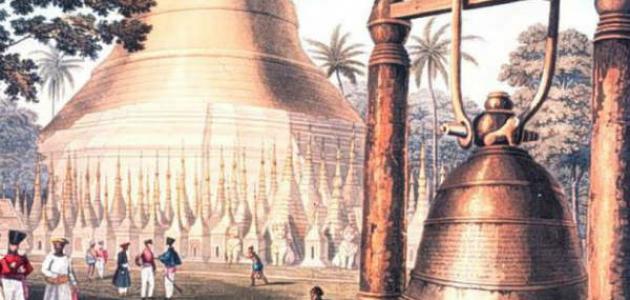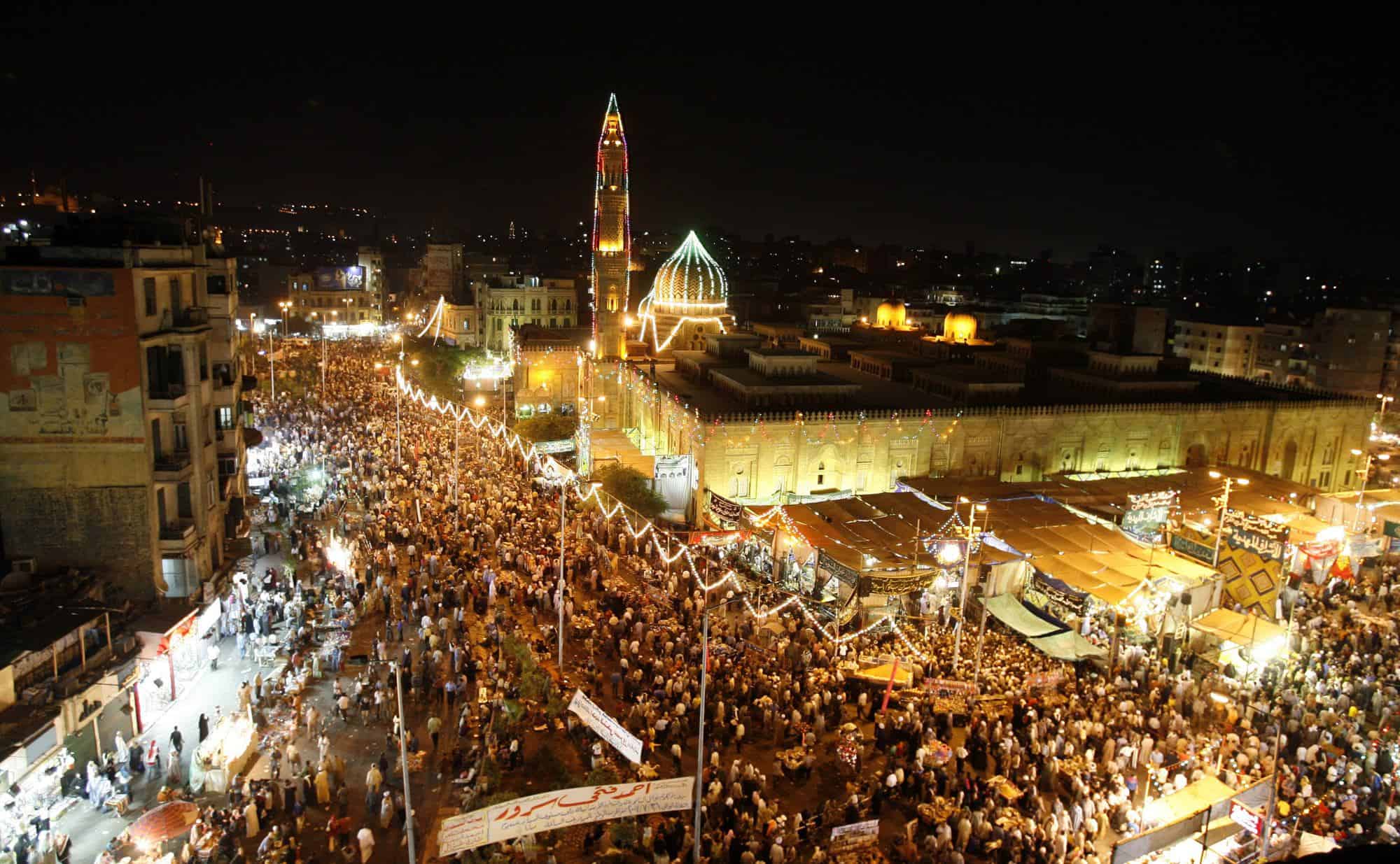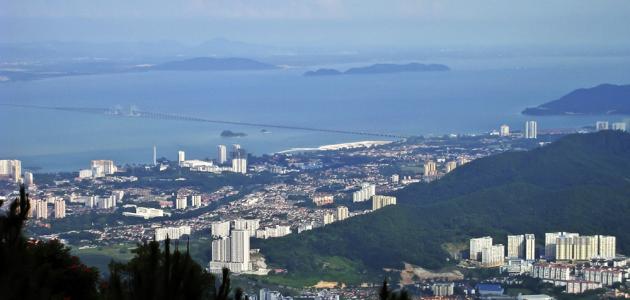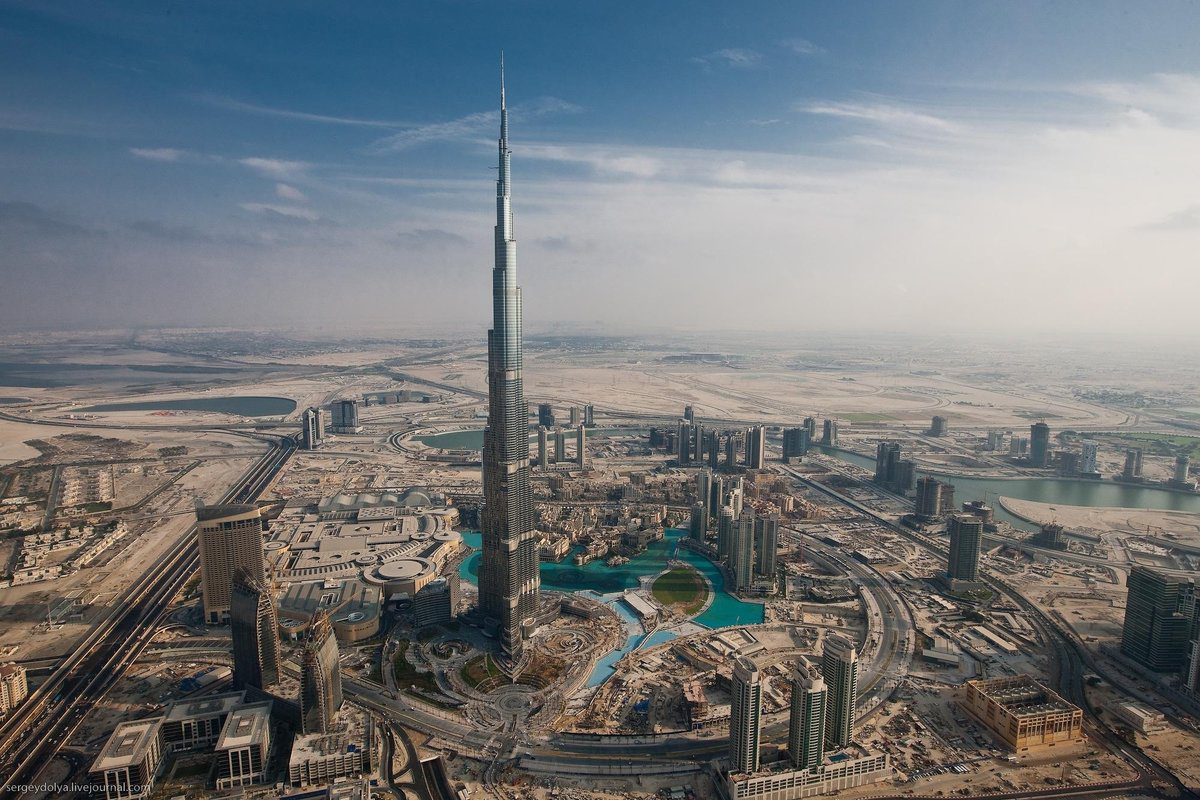Its population reaches 190 million, according to the 2017 census.
It has many important resources, such as oil.
– Its official currency is the Naira.
It is bordered by Chad and Cameroon on the west, Niger on the north, and the Gulf of Guinea on the south.
Abuja is the official capital since 1991.
– Nigeria was called by this name in relation to the river “Niger”. It crosses the country and was called at the end of the nineteenth century by “Flora”, who is the wife of Baron Lugard.
Britain colonized it in the nineteenth century and at the beginning of the twentieth century, but Nigeria gained independence after that in 1902 AD.
– There was a civil war in Nigeria in which the Biafra region tried to obtain its independence.
– Masaga of Nigeria reaches 923,768 km2 and was divided into parts, which are the plains of Skoto located in northwestern Nigeria, and it is characterized by the presence of several rivers in it, as well as flooded with flood water, it works on sedimentation of the soil and mixes of its fertility, so the farmers grow many crops in it, but in some cases the crops are destroyed And houses due to flooding.
– The Chad Basin is located in eastern Nigeria and in the southwest of Lake Chad, with spreading rectangular sand dunes.
– The high northern plains of Nigeria covers about 20% of the area of Nigeria and its height reaches about 762 meters above sea level, and it is one of the most important sources of the Congo, Kwanda and Skoto rivers.
– It is characterized by the abundance of waterfalls, rivers and landscapes.
– There is a plateau in the middle of Jos, characterized by its steep elevation from the neighboring plains, so it rises about 1500 meters above sea level, and cattle breeding is spread over the grasslands.
It is famous for owning many tin mines.
The gross domestic product for the year 2012 is 455.5 billion dollars.
The most populous cities are Lagos, Ibadan, Caudna and Benin.
Islamic religion constitutes 50% of the population, Christianity 40%, and other religions 10%.
– English is the official language in Nigeria.
There are more than 250 ethnicities in Nigeria, which are Hausa and Fulani 29%, Yoruba 21%, Igbo 18%, Ego 10%, Kanuri 4%, Ibaibu 3.5% and Tiff 2.5%.
It is officially known as the Nigerian Federal Republic.
Lagos was a former capital of the country.
It ranks first in Africa in terms of its population and seventh in the world.
It is divided administratively into 37 states, in addition to the Federal Capital Territory “Ayuja”.
The western highlands range from 300-610 meters above sea level.
The Niger river basin, “Benyo”, takes the form of an arch and extends from eastern Nigeria to its west, as well as palm trees and grass.
The eastern highlands are located in eastern Nigeria and consist of plateaus, rocky hills and mountains, and the Demelang summit, which reaches 2042 meters above sea level, is the highest peak in Nigeria.
The Niger Delta is found in its south, and it is composed of clay, clay and sand deposits.
There are 521 languages in Nigeria. Ethnic groups prefer to speak their own language, but English is a general language spoken by everyone.
The working days and hours in northern Nigeria differ from the south, so most Muslims live in northern Nigeria, and they do not work on Friday, and it is different in the south.
It is the sixth largest oil producing country with one of the most important information about Nigeria.
Extended families are the foundation of Nigeria’s social system and are guided by hierarchy and seniority.
– It is believed in Nigeria that age gives wisdom, and therefore you find that they give the elderly all the respect.
Shaking hands is a common greeting in Nigeria, and men can put their left hand on the other’s shoulder as an expression of friendliness and welcome.
– The Nigerian must wait for the woman to reach out first, to shake hands.
Nigerian people exchange gifts on occasions.
Some tribes in Nigeria continue with songs and proverbs, while the tribes in the south tend to speak directly.

